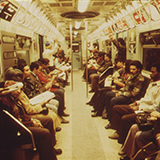
A Book as Big as Life
City on Fire—Garth Risk Hallberg’s massive and elaborately constructed novel about New York in the 1970s—offers the contours of the great social novel. But it struggles to reveal the ways in which power actually works.


City on Fire—Garth Risk Hallberg’s massive and elaborately constructed novel about New York in the 1970s—offers the contours of the great social novel. But it struggles to reveal the ways in which power actually works.
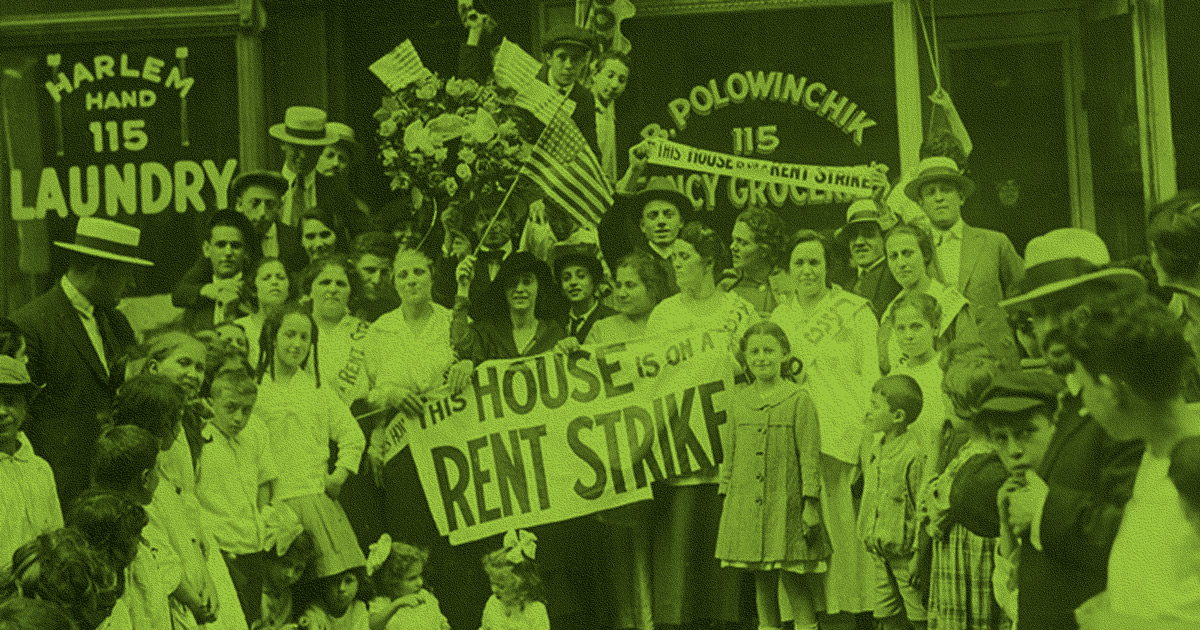
Join us on February 5 in Brooklyn for a celebration of our Winter issue!
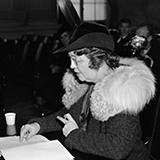
At its height, the American welfare state provided direct financial support to scores of writers. They used it to challenge the political status quo, revolutionizing literary form in the process.

As the divide between finance and everyday life yawns ever wider, fiction has stepped into the gap.
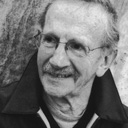
Colleagues, critics, and obituary writers have described Philip Levine as “poet of the American working class,” “a large, ironic Whitman of the industrial heartland,” the poet who explored “his gritty Detroit childhood; the soul-numbing factory jobs he held as a …
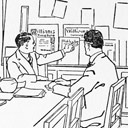
Few institutions have offered themselves as less promising for the novelist than the modern office. And yet…
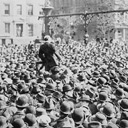
Introducing our special Fall edition on Politics and the Novel—with essays by Nikil Saval, Vivian Gornick, Benjamin Hale, Helen Dewitt, Nina Martyris, and Roxane Gay—David Marcus asks: what happened to the political novel?
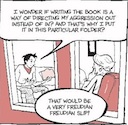
As a writing teacher, I’m sometimes asked by students whether it’s ethical to write about people they know. I used to tell them to be careful if they’re settling scores, but if they’re willing to be self-critical, they should go …
…I cannot write otherwise than I do write. I am unable to, and I will not, even though I should want to violate myself; there is a literary law which makes it impossible to violate a literary talent—even with your …
It was a pleasure to read Lawrence W. Hyman’s statement: “It is not a moral direction that we must look for in literature but a disturbance.” Hyman provides an exciting way for handling moralistic objections—from Left and Right—that art is …
Imagine Don Quixote without his horse and his drooping whiskers, and you will get a fair idea of what George Orwell looked like. He was a tall and angular man, with a worn Gothic face that was elongated by vertical …
I am setting down the following melancholy reflections not with any hope of a remedy, but because the matter is important and nobody else seems to be saying it. In many ways literature has, in this century, become a minor …
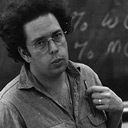
For Marshall Berman, the street was not just the site where modernism was enacted; it was modernism incarnate.
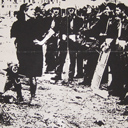
Rachel Kushner’s The Flamethrowers, in many ways, is about men talking and making art, and about the ways that women experience men’s art, or become the object of it.
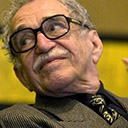
Shaped by Latin America’s uneven and wildly unequal incorporation into the global market, Gabriel García Márquez’s literary project retains an eerie sense of foreboding today.